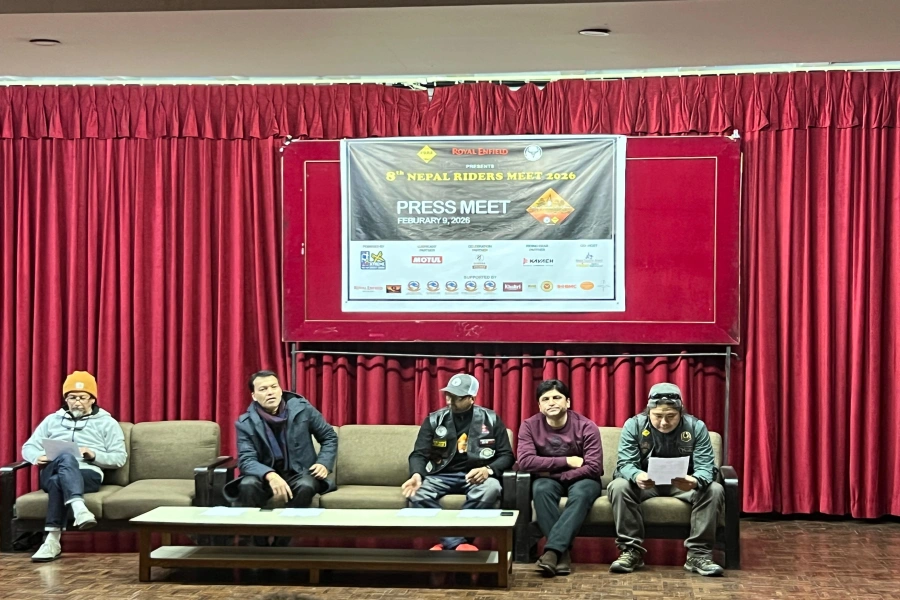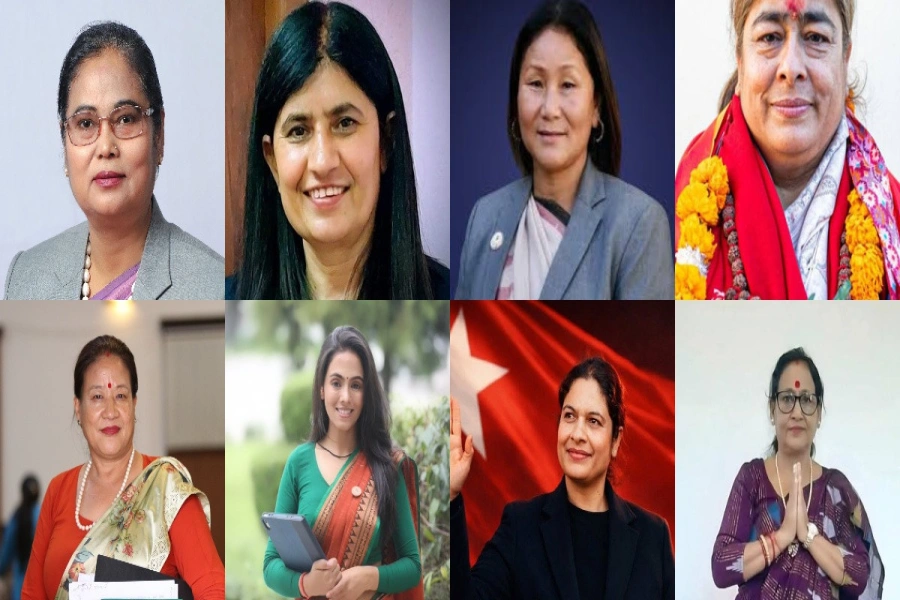Critics of the newly formed interim council were quick to attack the council for being slow and not striving harder to hold elections in June. The current state of discussions suggests that it will most likely happen in November. In addition, some opinion makers were quick to blame state bureaucrats of being happy with current status quo, and accused them of trying to postpone elections for as long as they can. The implicit suggestion was that local bureaucrats tend to benefit significantly in absence of elected officials. The dread created amongst political activists in Tarai-Madhesh has been cited as an example of how this bureaucratic status quo results in despondency in the system. However, not many have actually bothered to ask the bureaucrats how they feel.
The fact that a status quo situation with no elections stands to benefit a handful of corrupt bureaucrats does not mean the entire bureaucracy is hell-bent on ensuring the postponement of elections. In the past few months, I have had opportunities to observe local and national level bureaucrats speak their opinions on popular public and political perception of Nepali bureaucracy. Contrary to popular belief, the bureaucrats stressed that they want elections just as badly as everyone else. They want local elections to be held before national elections. And many of us thought that they were happy with their current hold on power—handling local level duties of 22 different ministries and 58 different elected officials.

1.BP.BLOGSPOT.COM
The perception of local bureaucracy being mired in corruption stems from a number of instances of corruption that have occurred and been reported. However, local bureaucrats suggest that transparency and accountability in municipal or VDC level governments is much higher when compared to other line agencies of Nepali government. Therefore, when local bureaucracy honestly reports and disseminates its transparency and accountability findings, Nepali media is quick to pounce on the few ‘negative’ instances in the overall transparent and accountable governance scenario. In other words, much of the perception about corruption in local bureaucracy is a creation of the media, according to local bureaucrats.
Although Nepali bureaucracy, especially VDCs and municipalities, get bad press for occasional instances of corruption, their role in keeping the country functioning during the absence of stable political government has to be lauded. Local elections have not happened in over 14 years, and elected representatives in local bodies have been absent for over 10 years now. In this entire duration, the fact that Nepali state has been functioning, and Nepal has not become a failed state, is a miracle with much credit going to our well oiled bureaucracy.
While accusing the local bureaucracy of mismanagement in decision-making, we have to take into account three kinds of pressures that local bureaucrats have to bear. First, decision-making in local level has to be done in a manner that appeases all sections of local society. Therefore, whether a VDC secretary or municipal executive officer likes it or not, he/she has to seek suggestions from local political actors while making decisions on complex problems. Any complex decision has to be taken with a political buy-in from all local political actors from all parties to ensure that they help in containing any possible public outburst against such decisions.
Second, although all party mechanism (APM) has been officially disbanded by the Nepali government, it still operates as the de-facto decision-making body in the local level. Earlier, when the APMs were created, they only had members from seven different political parties. Therefore, it was easier to come to a consensus in decision-making. However, the de-facto APMs of today consist of dozens of political parties—large and small—which has made decision-making very difficult in local government. Since each party wants a share of the pie, decision-making at local level has been obstructed incessantly in recent times, and productivity of local bureaucrats has fallen due to this obstruction.
Third, when the de-facto APM comes to a consensus and takes a decision, it is the local bureaucrat who has to take ‘ownership’ of that decision and abide by it, because the APM does not ‘technically’ exist in the eye of the law or national government. When questions are raised by activists and media about how budgets are allocated and how projects are undertaken, VDC secretaries and municipal executive officers are thrown under the bus by these de-facto APMs who do not come to the bureaucrats’ assistance in defending those allocations and undertakings.
It is very easy to accuse the entire bureaucracy of being corrupt and opposed to elections. However, the ground realities and interactions with local and national level bureaucrats provide a different understanding. Contrary to popular belief, local bureaucrats recognize that politics of opposition is necessary to make local decision-making process more transparent and accountable. They also realize that bureaucracy is an apolitical mechanism, and that is how it should be. Therefore, they demand local elections as much as the public. It’s just that nobody has been listening to what they have to say, because opinion makers are preoccupied with their own biases and opinions on how much the Nepali bureaucracy opposes elections.
mukhanal@gmail.com
Air Asia ends service to Kathmandu without clearing arrears Rs...







































